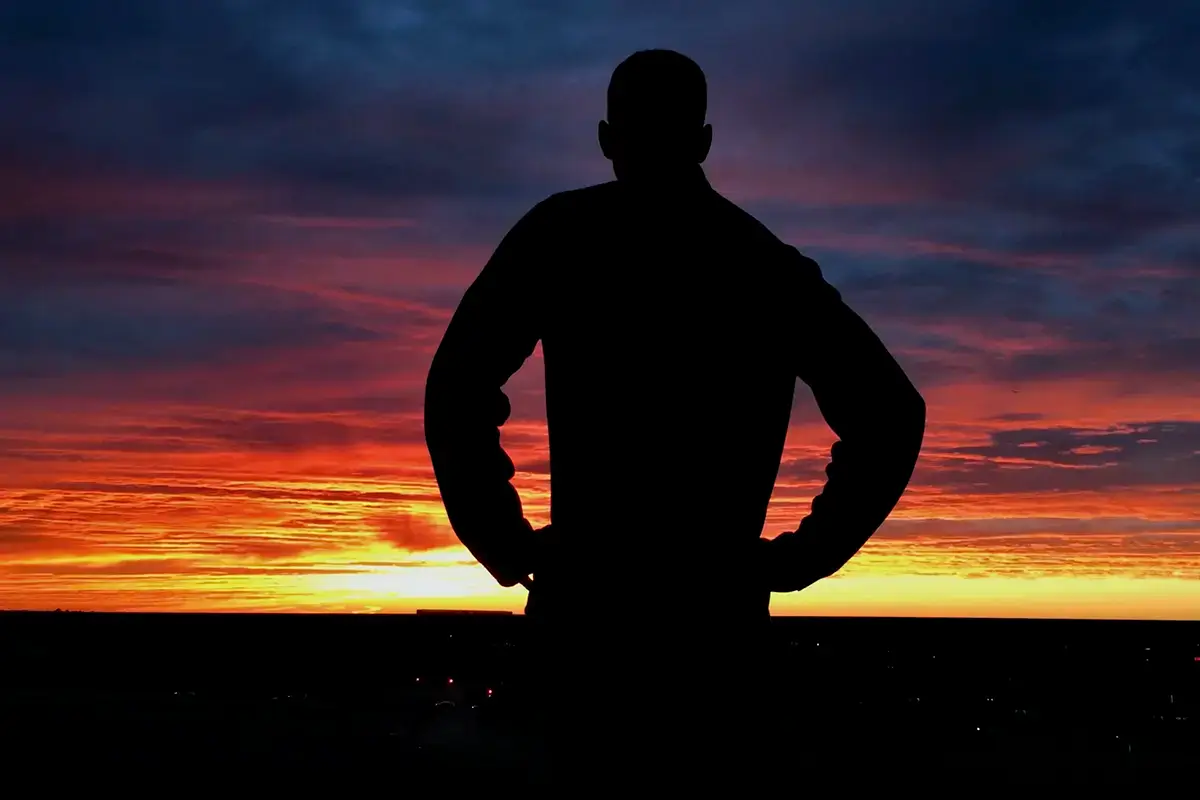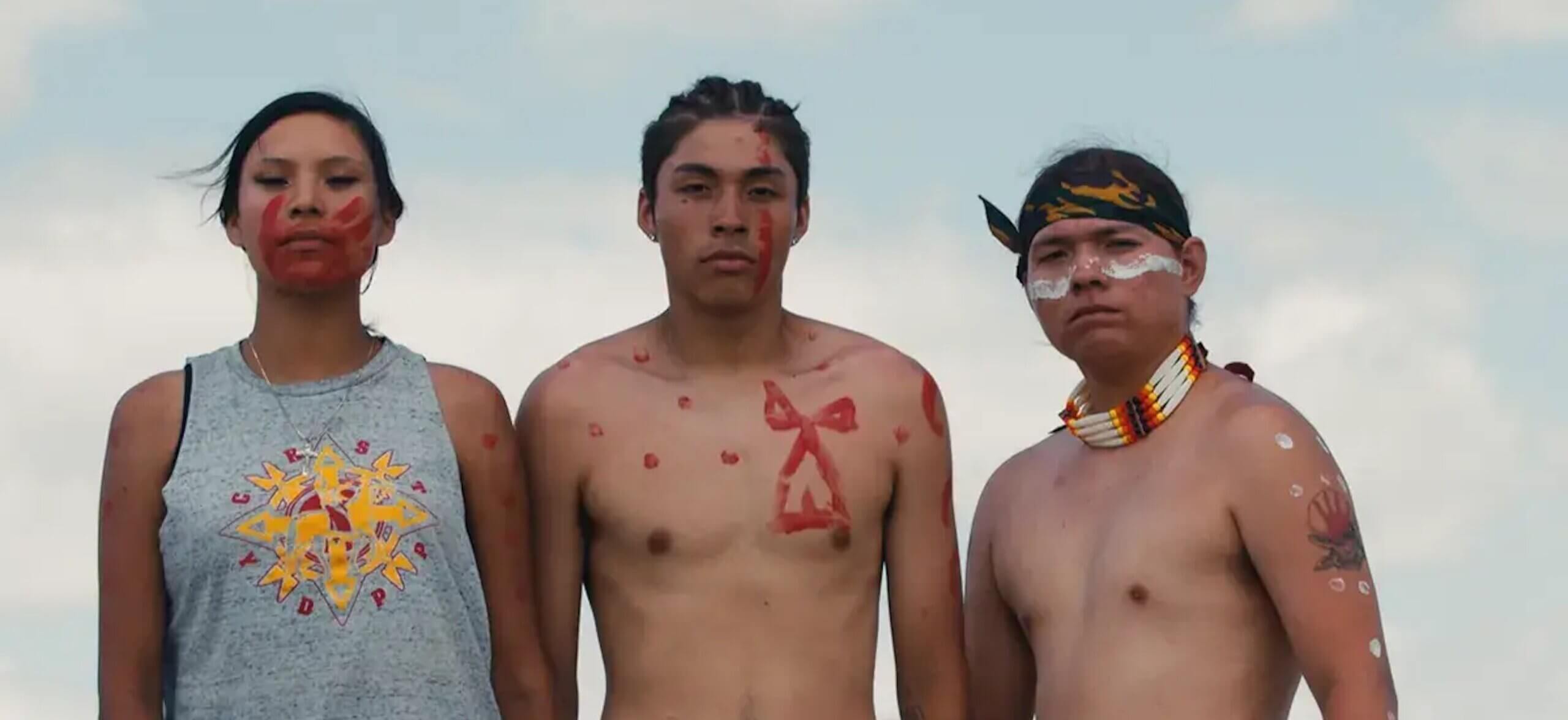As we reflect on 2024, it's clear that this year has been a landmark for documentary filmmaking. At Film Platform, we often say we watch all the bad documentaries so you don’t have to. We take pride in carefully curating these exceptional documentaries to ensure the very best content is available for academic use. From historical retrospectives to exploration of contemporary issues, we meticulously select films that deepen our understanding of today’s complex topics and provide valuable insights into a range of disciplines. In the past year, the award-winning films added to our collection have captivated audiences worldwide and set new standards in storytelling.
As we near the year's end and look forward to winter break, it can be a great time to explore fresh content for the upcoming year. To inspire you, we've compiled a list of interdisciplinary films that provide unique perspectives and profound insights into a range of disciplines. Here is our list of must-watch films we added in 2024:
"A Deal with the Devil?" examines the Haavara Agreement, a controversial 1933 pact that allowed German Jews to emigrate to British-controlled Palestine, while retaining part of the value of the property they left behind. The agreement, which facilitated the escape of tens of thousands of Jews from Germany, remained in effect until the outbreak of World War II in 1939. Particularly relevant to students of history, Jewish studies, and political science, A Deal with the Devil? offers a profound exploration of a lesser-known but crucial aspect of modern history. Told from the perspective of Sam Cohen, initiator of the agreement, and his wife Anita, who vehemently opposed it, the film examines the tension between principle and pragmatism, prompting viewers to ask themselves: Would I condemn and boycott evil or make a deal with the devil to save lives?
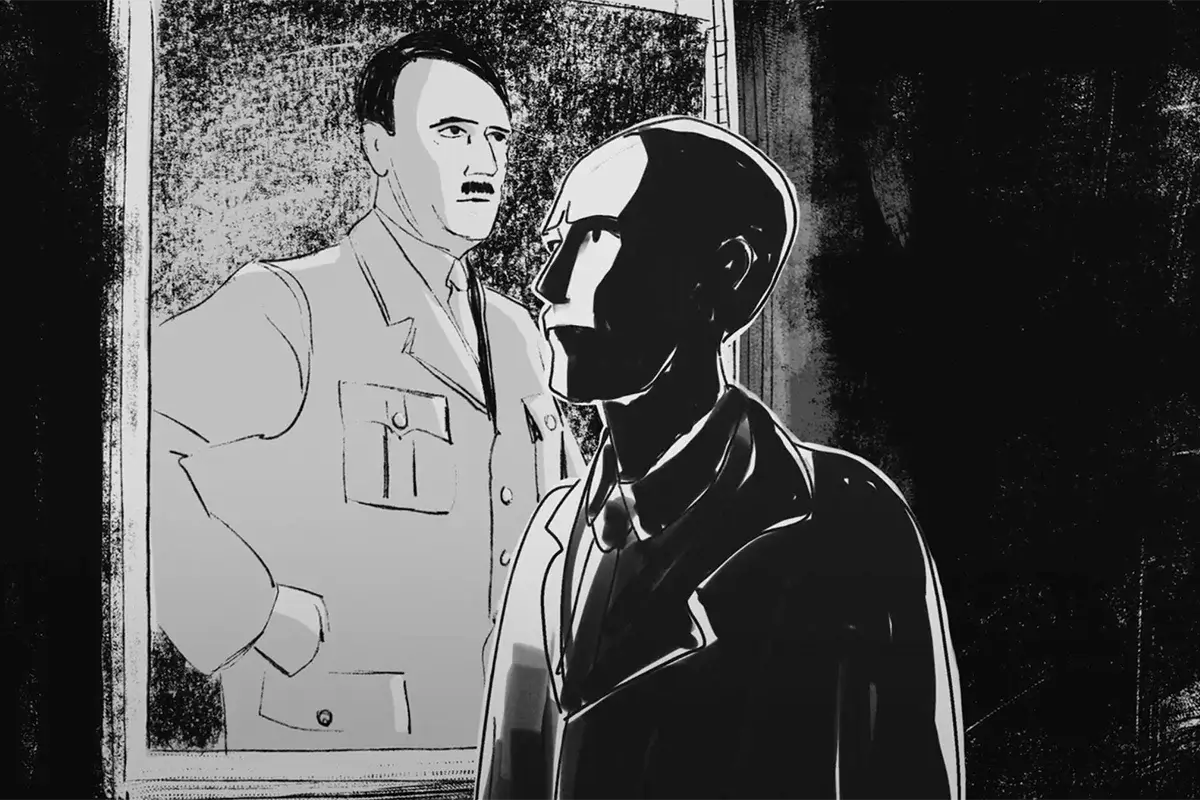
Photo from A Deal with the Devil?
"A Still Small Voice" offers an intimate look into the world of hospital chaplaincy, following a year in the life of Mati, a chaplain completing a residency at Mount Sinai Hospital in NYC. Through her interactions offering spiritual care to those facing profound life changes, we are led to examine how we find meaning in suffering, loss, and uncertainty, revealing the power—and pain—of genuine human connection. Profound and thought-provoking, the film provides a nuanced perspective on the intersection of faith, mental health, and medicine, serving as a profound reminder of the humanity at the core of healthcare, and an invaluable resource for students of healthcare, psychology, and theology.
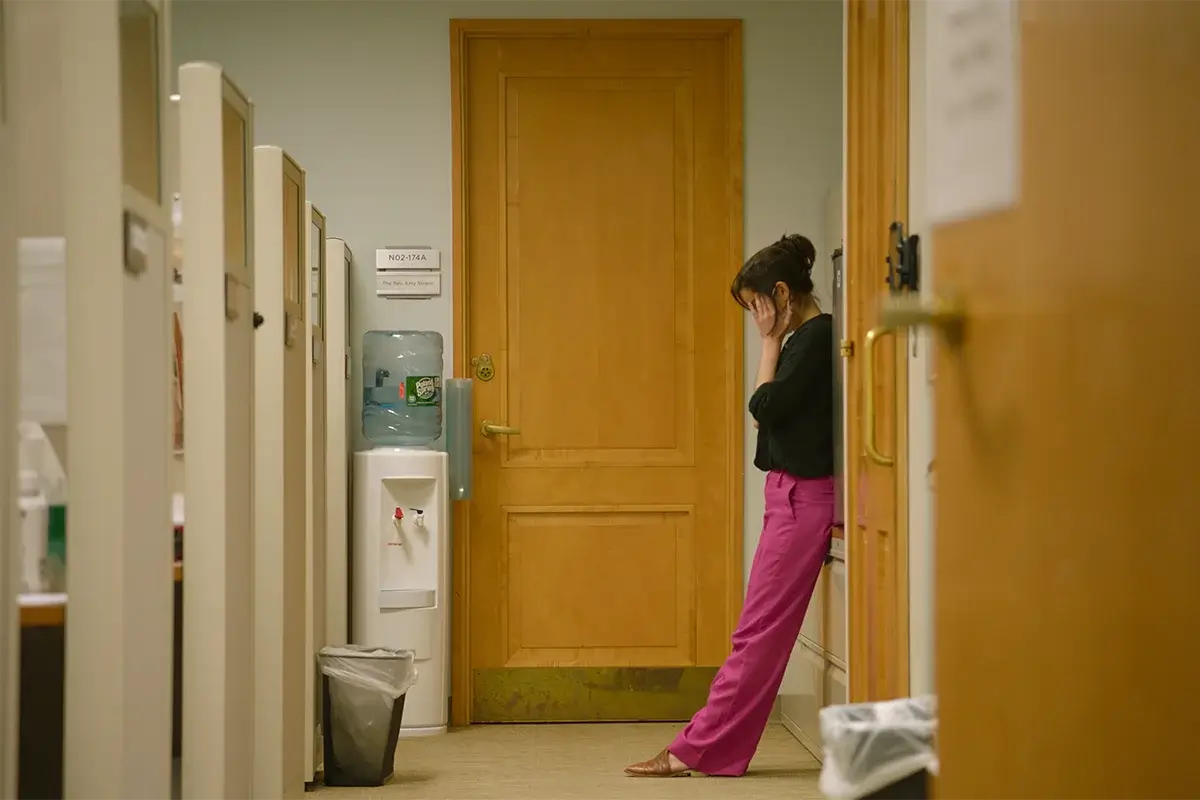
Photo from A Still Small Voice
"Dear Fredy" tells the remarkable story of Fredy Hirsch, an openly gay German-Jewish athlete who became a beacon of hope in the Theresienstadt concentration camp during World War II. Combining his personal testimony with unearthed archival footage and animation to bring Hirsch's story to life, the film explores history and human resilience in the face of unimaginable adversity. In a year that has seen a resurgence in interest in Holocaust and Genocide studies, this film is a powerful addition to courses in history, political science, Jewish studies, psychology, and human rights.
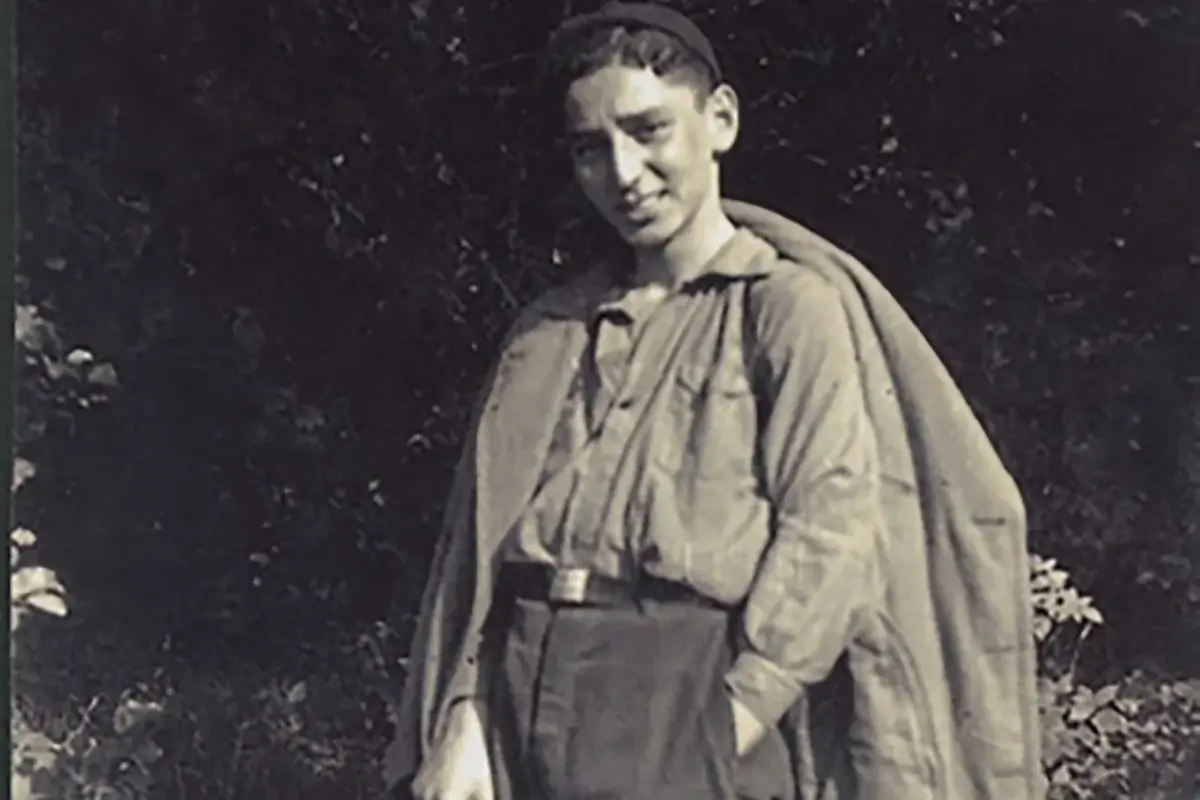
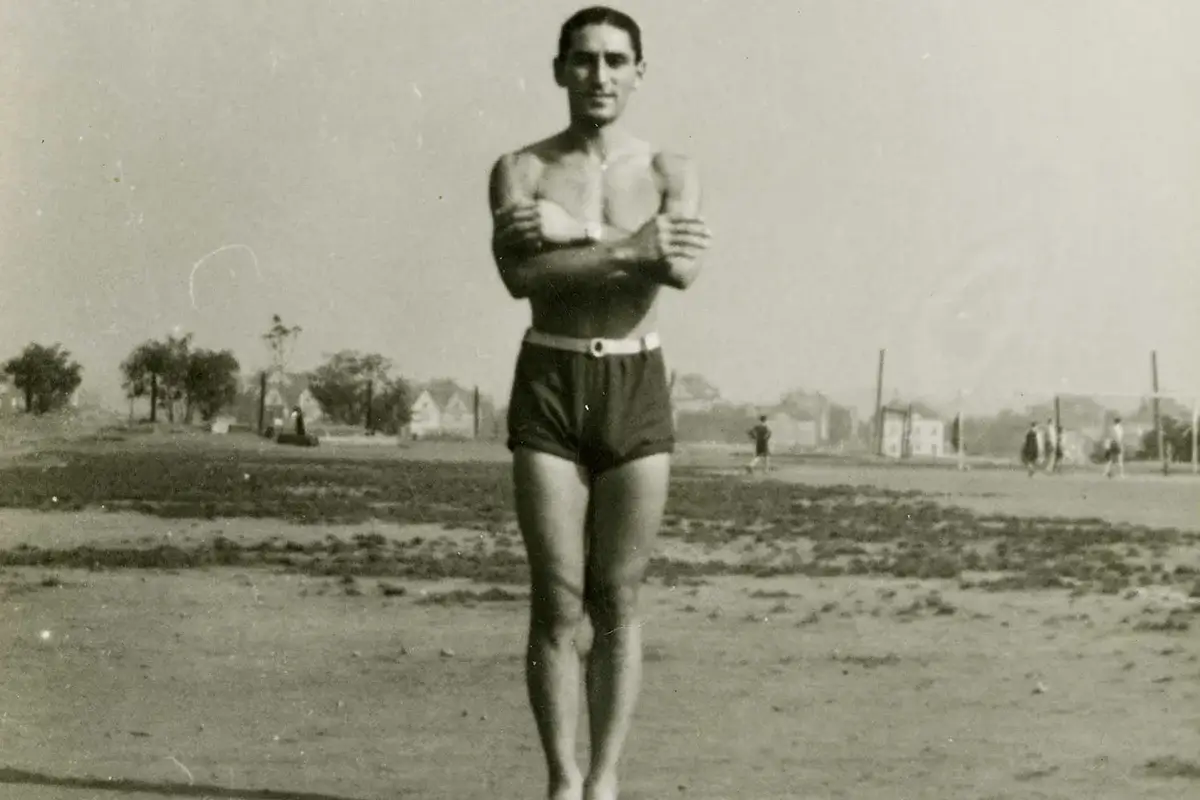
Photos from Dear Fredy
"Mary-Jo Will See You at 4" (also known as “La Combattante”) provides a rare look at the remarkable journey of French ethnologist Marie-José Tubiana, who has dedicated her life to documenting the rich cultures of Chad and Sudan. Following the devastation of the civil war in Darfur, which resulted in the loss of nearly 3,000 villages, many refugees sought asylum and turned to Tubiana to share their testimonies, in the hopes they would finally be heard. From acclaimed Director Camille Ponsin, the film chronicles Tubiana’s efforts to use her decades of research to support Sudanese refugees seeking asylum in France. With renewed global interest in cultural preservation amid the increasing threats of climate change and conflict, the film offers students of anthropology, African studies, asylum law, and ethnology timely insights for discussions on immigration and humanitarian aid.


Photos from Mary-Jo Will See You At 4
"My Name Is Happy" follows Turkish teenager Mutlu Kaya, as she rises above personal tragedy, using her voice and music to draw attention to the pervasive gender-based violence affecting women across the country. Mutlu’s story, marked by her own experience of being a victim of violence, is bolstered by her courageous advocacy, as she performs songs that both reflect her trauma and challenge societal norms. For students of human rights, gender studies, and sociology, “My Name Is Happy” offers a visceral exploration of the intersection of music, personal resilience, and social justice and provides a human and cultural lens in critical conversations about the ongoing fight for women’s rights and safety worldwide.
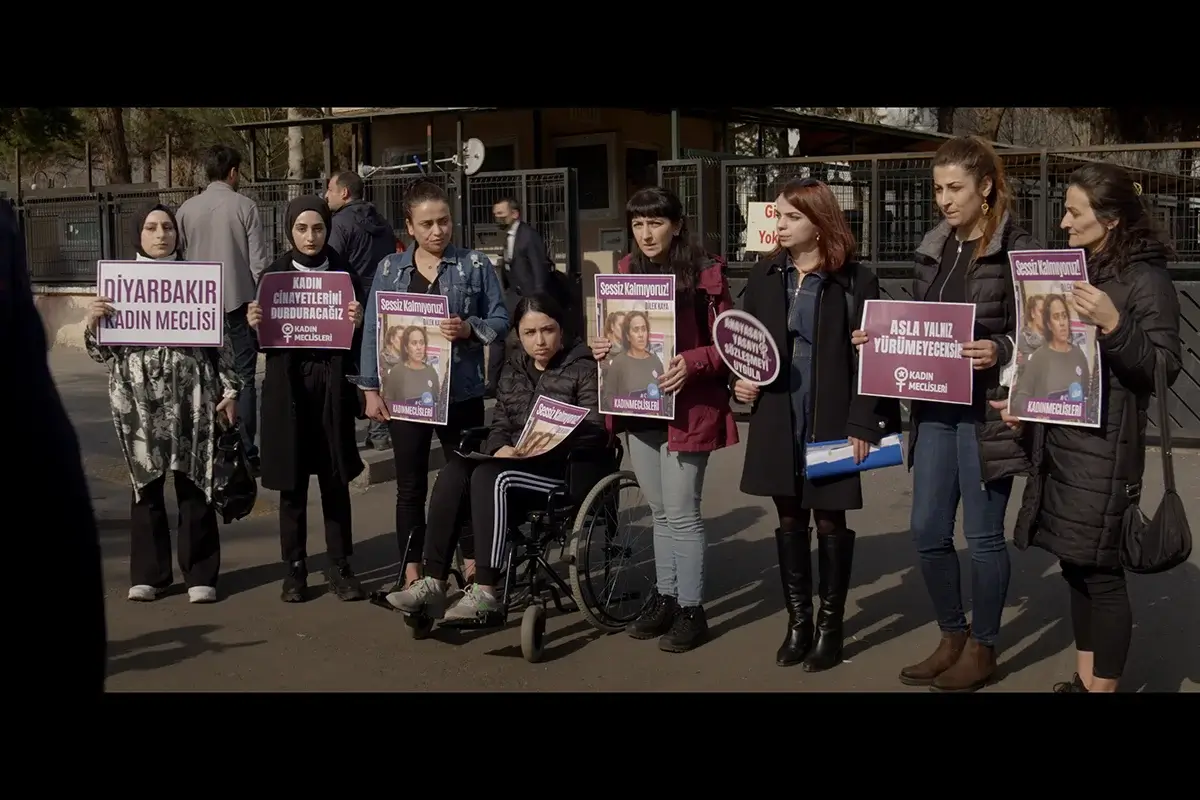
Photo from My Name Is Happy
"Story & Pictures By" takes us off the page to meet the boundary-pushing artists who created some of childhood’s most influential picture books to document the power and reach of children’s literature. Following Christian Robinson, Yuyi Morales, and Mac Barnett—the stars of the new “golden age” of kids' lit, the film explores their experimental work and through rare archival footage and animation, provides invaluable insights into why classics such as “Goodnight Moon” and “Where the Wild Things Are,” are standing the test of time. This engaging film explores the socio-cultural impact of children's literature amid rising book bans in schools, offering valuable insights for students in education, literature, and visual arts on how storytelling and illustration foster learning and imagination.
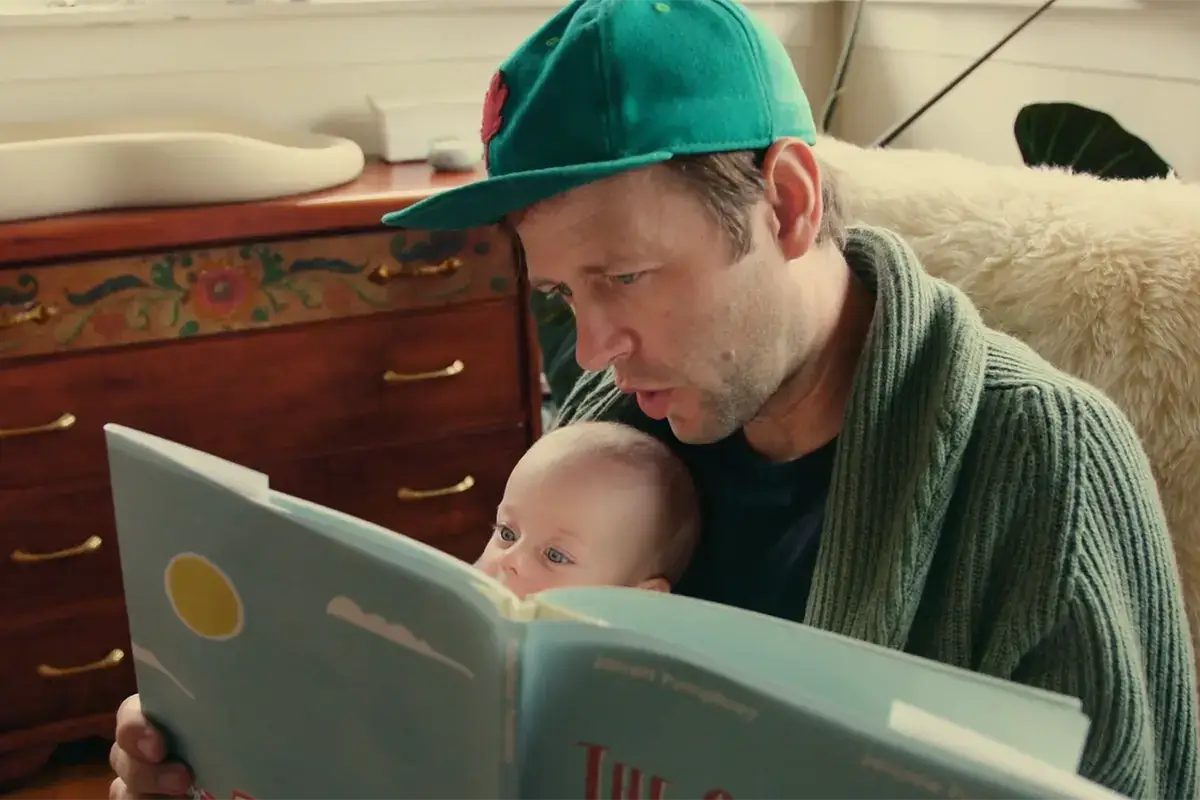
Photo from Story & Pictures By
"Voices: Our Stories before Roe v. Wade" features personal narratives from women who lived in the pre-Roe v. Wade era, providing a poignant reflection on the history of reproductive rights in America and amplifying a generation’s experience that shows that yesterday’s fight for freedom of choice is one of today’s most significant battles. With the threat to reproductive rights and women's health escalating in states across the U.S., this film offers critical insights into the social and legal landscape before the landmark decision in 2022 and the fight that remains ahead. For students of gender studies, law, and history, these stories serve as a powerful educational tool, highlighting the importance of understanding historical context in current policy debates.
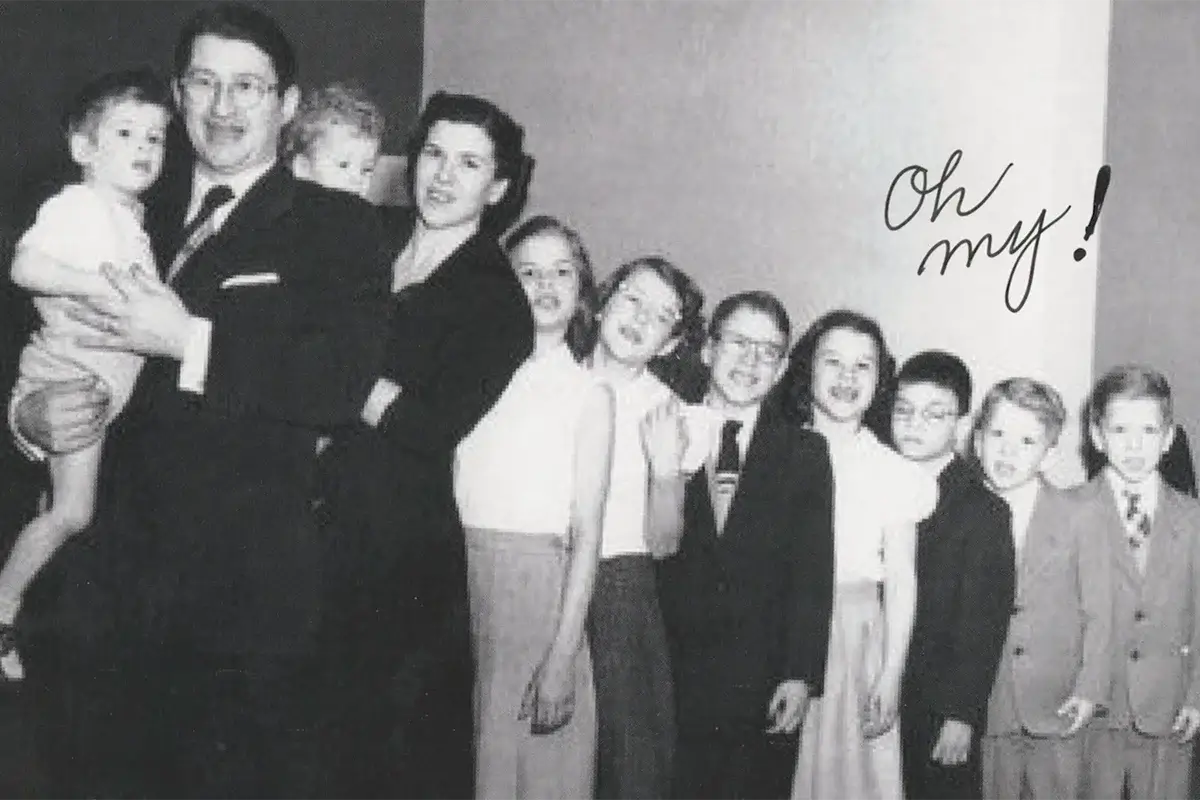
Photo from Voices: Our Stories Before Roe v. Wade
Documentaries remain a powerful tool in sparking important discussions and broadening perspectives in areas where they are most crucial. From offering distinct viewpoints on pressing issues to integrating insights from various fields and exploring interconnected challenges, these interdisciplinary films hold significance not only today but will resonate for years to come as we continue to unravel complex issues through human storytelling.
As we look forward to a new year, these documentaries remind us of the power of storytelling in education and the importance of diverse perspectives in shaping our understanding of the world.
All of these films and more are available as single titles, enabling you to focus your content, as, and when you need it. Contact us to add these films and many more to your library.









